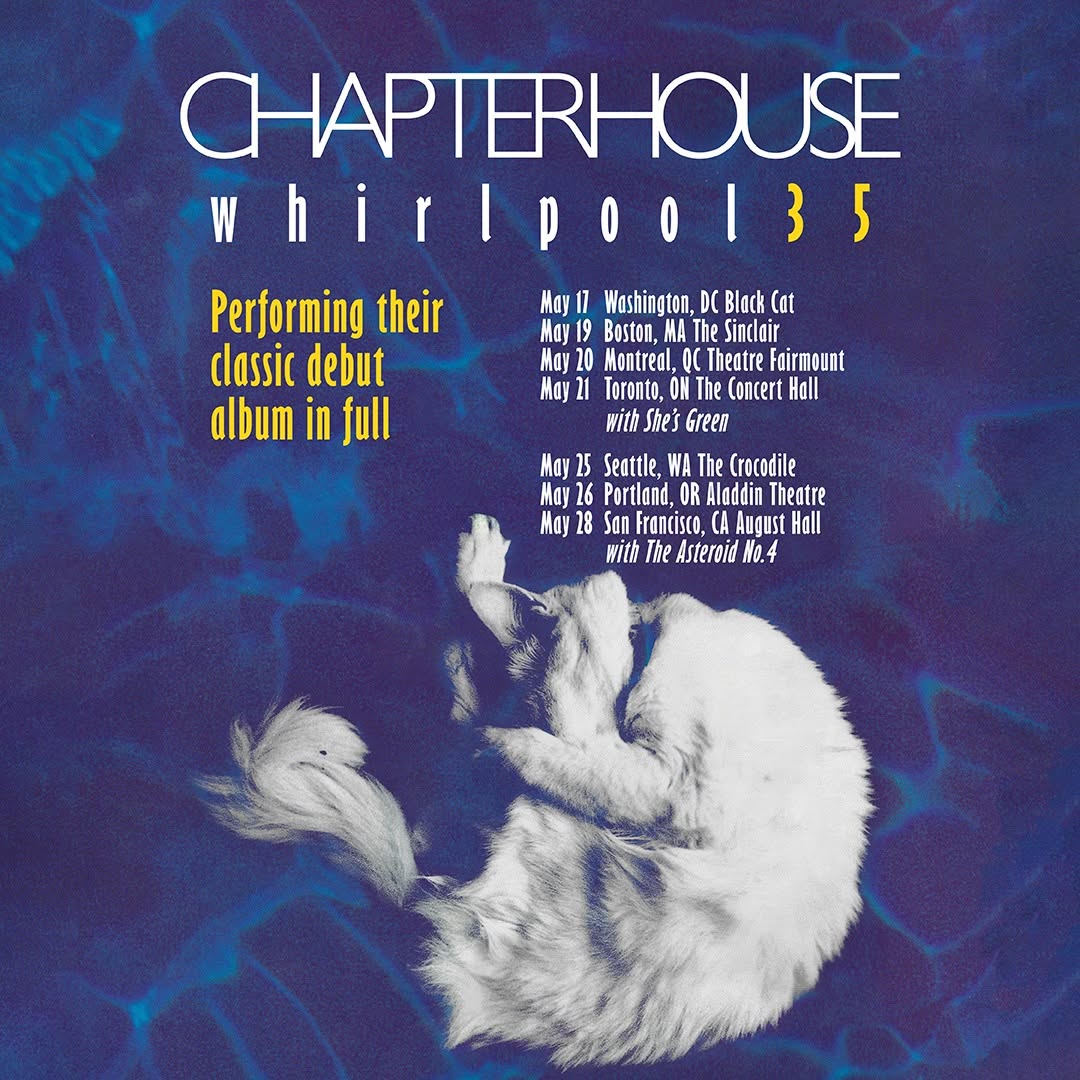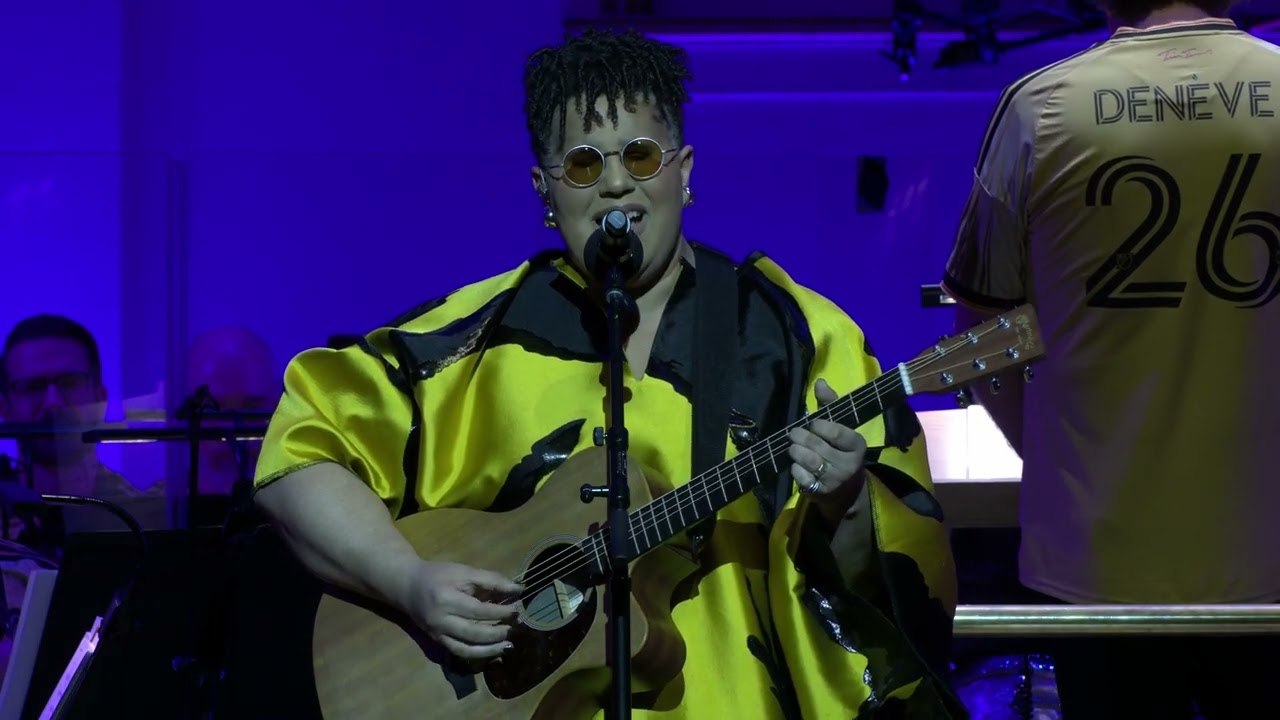Spotify has reached a settlement with a group of songwriters who had sued for copyright infringement, eliminating an potential complication to the public offering that the streaming service is planning later this year.
Under the agreement which will need to be approved by the court, the streaming company will set up a fund worth $43.4 million to compensate songwriters and publishers whose compositions the service used without paying mechanical royalties. The settlement addresses putative class actions separately filed in federal court by Cracker and Camper van Beethoven frontman David Lowery and singer-songwriter Melissa Ferrick, which had sought $150 million and $200 million, respectively, and were combined last year.
Spotify has to pay record labels to use their recordings and publishers to use the underlying compositions; it pays mechanical royalties directly to publishers and public performance royalties to performing-rights groups like ASCAP, which distribute the money to their member publishers and songwriters. Streaming services don’t need to negotiate with publishers, since they can take advantage of a “statutory license” offered by the federal government.
But they need to find the right publishers to pay -- a challenge in cases where recordings have entered Spotify's system without proper metadata. Spotify has always made a point of holding money aside for publishers it couldn't identify, but doing so doesn't make it compliant with copyright law.
Beyond past and future compensation, the settlement agreement outlines a process by which Spotify and the class counsel “will work collaboratively to improve the gathering and collecting of information about composition owners to help ensure those owners are paid their royalties in the future," according to the plaintiffs’ motion.
In March 2016, the National Music Publishers’ Association announced its own settlement with Spotify over the service’s use of songs owned by its members, which involved an estimated $30 million.In exchange for participating in that settlement, publishers had to release Spotify from liability related to the group of pending and unmatched works identified by the NMPA.
Presumably, many of the remaining songs that could not be identified were relatively unpopular. Under copyright law, though, that doesn't matter, since statutory damages are assessed per infringed work, not per act of infringement.






